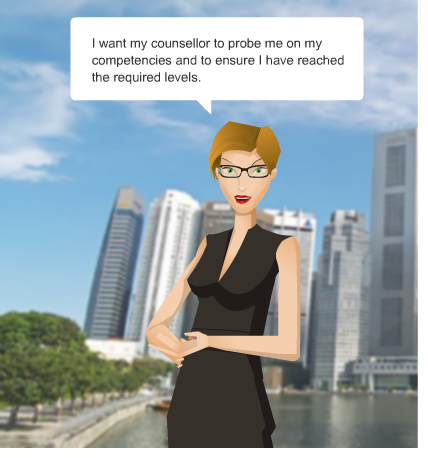Can you select the five RICS ethical and professional standards from this list?
Act with integrity
Always agree with your client
Act in a way that promotes trust in the profession
Treat others with respect
Take responsibility
Always provide a high standard of service
Always be on time
Correct, well done! Think about what the ethics mean for you in your every day practice.
Not quite correct but you will get the chance to learn more when you take the online ethics module. You should also think about what the ethics mean for you in your every day practice.
Confirm



















